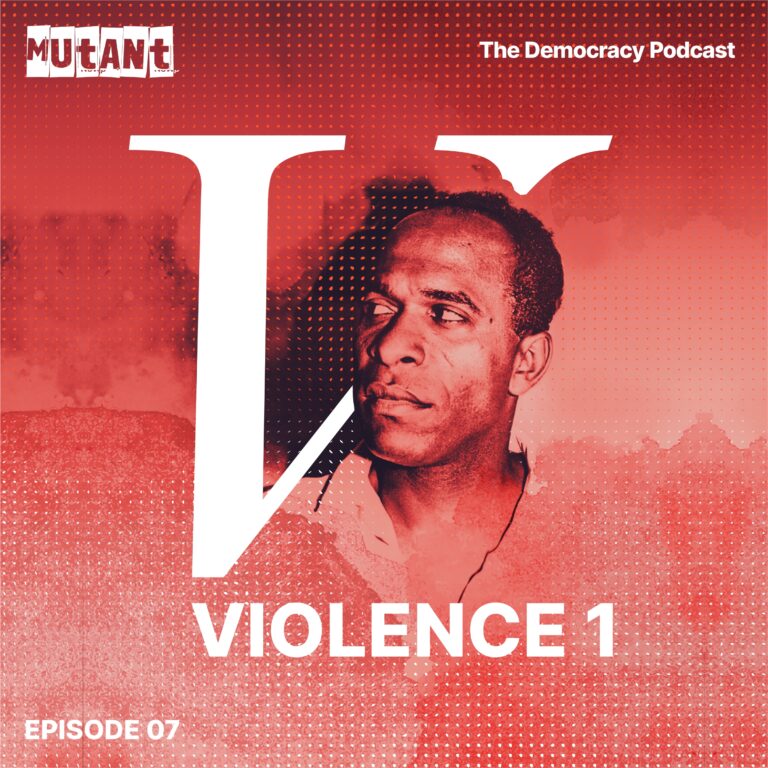V | VIOLENCE
Talking of violence in a time of war can distort rather than clarify our comprehension of it. On the one hand are the visible and implacable barbarisms of modern conflict waged on land and air, through bombings and blockades, mobilising soldier and satellite to deliver sometimes precise cruelty, sometimes indiscriminate brutality. On the other is violence’s vaporous history: cloaked in invisibility and silence, embedded in the law in the guise of order, intricately threaded through those civic and civil structures we call the norm and which we excuse by calling it normative. Insidiously clinging to structures and infrastructures, this violence is not an event but a scaffolding; it is not an anomaly but the apparatus of modern life itself. What is this thing that at once constitutes us and that we cannot even wholly see? “Violence is not a thing, it is an effect of other things,” says Aishwary Kumar. “Our task is to understand what it is that violence is an effect of. Why is it that every tool we promise ourselves to eradicate violence only compounds and multiplies its forms and effects? And why is it that we simply fail to leave violence behind? So much so that, while being an effect of other things, violence also feels like a concept. An invisible, obstinate whole. Why does it seem to us, above all, that violence alone will make us whole?” We begin an urgent and provocative two-part deconstruction of democracy’s most intractable — and suicidal — compulsion.

